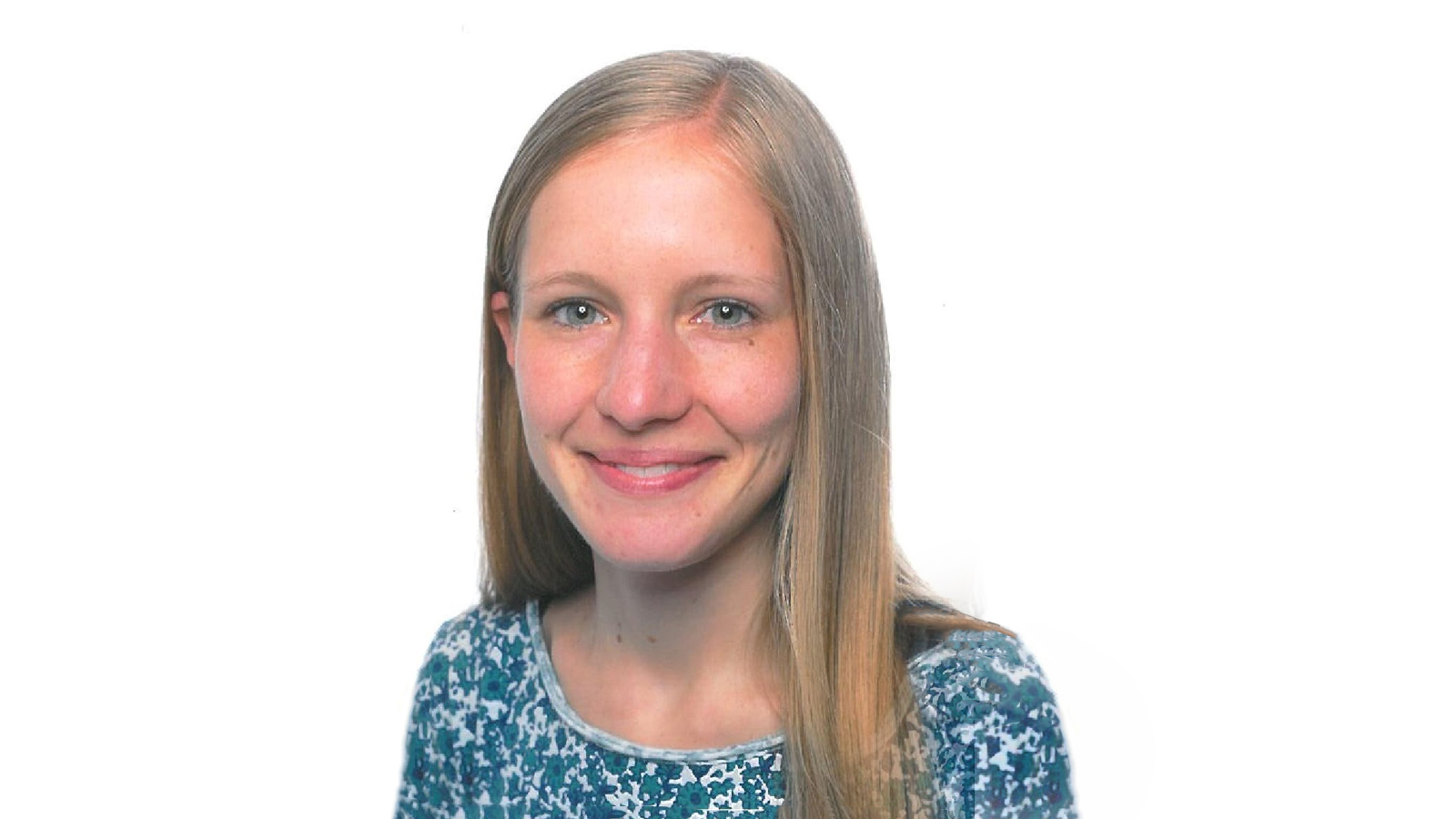Struggling to give presentations in English after moving to the United States from Europe as a teenager, Aline Lueckgen ‘12 never anticipated she would work as an Activate peer communication coach while a student at Rice University.
The Bioengineering alumna said, “Although I had become more comfortable with my public speaking skills through high school, my Rice experiences grew my confidence further. My role as a communication coach meant I heard a lot of talks by my peers, and I was exposed to multiple presentation voices and styles. Listening critically was necessary to provide appropriate feedback to my peers, but it also allowed me to pick up strong attributes I wanted to adopt and identify the less strong attributes I would prefer to avoid.”
Learning while coaching engineering students
Her experience as a peer coach reinforced the importance of tailoring verbal and visual messages to match the background, prior knowledge and interests of the audience, and she guided teams through multiple practice sessions to craft presentations that seem to effortlessly lead the audience through a talk, while actually being quite intentional.
“Working on science and engineering projects, it is easy to get drawn into the details and want to share those details,” shared Lueckgen. “As a coach, I helped presenters think more about what the audience needs to hear and how we can lead them through the story, so that they better understand why the general topic of investigation or technological advancement is important. In addition to the spoken portion of the presentation, I also learned about crafting visually appealing slides that intrigue the audience and complement what is being said, rather than confusing or overwhelming them with too much text.”
Lueckgen did not participate in professional coaching programs after leaving Rice, but she was required to give presentations at scientific conferences on a regular basis during her M.S. and Ph.D. studies in Switzerland and Germany. She explained that most European universities seemed more focused on the research than how it was presented, so she continued to practice on her own and looked to experts and peers for inspiration.
Following graduate school, Lueckgen accepted an offer to work for the scientific journal, Nature Communications, in Berlin. She said, “As a senior editor at Nature Communications, I don’t actually write and edit as much as you might expect. But effective and clear communication skills are still crucial as I exchange information and updates with authors and reviewers, sometimes needing to intervene to clarify issues between them, and --of course-- as I discuss manuscripts with my colleagues.”
Managing the process from submission to publication for a scientific journal
Although many researchers feel as if their paper goes into a black box after it is sent to a scientific journal, Lueckgen clarified that Nature Communications has a very equitable process. Her typical day involves reading incoming manuscripts on the topics of bioengineering, including biomaterials, tissue engineering, regenerative medicine, drug delivery and biomedical devices. It is Lueckgen’s job to assess whether the journal submission should be sent out for peer review --decisions often reached in consultation with her editorial team and based on considerations such as novelty compared to the published literature, advances in therapeutic outcomes, and the provided data to support claims.
“Once we have decided to send a manuscript out for peer review, I search for the appropriate referees, invite them and essentially oversee the rest of the peer review process, which typically includes one or two cycles of revision, as well as several rounds of internal editorial checks to ensure that the study conforms to our standards and policies,” said Lueckgen.
“As editors, we also regularly attend conferences to network with the scientific community and contribute to other activities. For example, I have been co-leading a working group at my journal dedicated to supporting early career researchers by organizing a peer review mentoring program and other initiatives, which has been very rewarding.”
Becoming a senior editor for Nature Communications
Like her invitation to work as a peer communication coach at Rice, Lueckgen’s opportunity to join Nature Communications was not planned.
She revealed, “Even before starting the Ph.D., I knew that I did not want to pursue a long-term career in academia. I was leaning more to industry and thought I might work in an R&D lab in a biotech or pharmaceutical company. Then I came across this job advert and applied on a whim. It wasn’t until I was moving through the application and interview process –which included a type of assessment center—that I realized this could be a great fit for me.”
For Lueckgen, spending the day reading, thinking about, and recommending scientific research to meet her journal’s objectives, as well as assisting authors in piloting through the peer review process to share their scientific findings with their community in the form of a publication, is following a profession that she had never considered during her studies.
“My journal, Nature Communications, is published in electronic format only, although some Springer Nature journals are still available in print. While being a more sustainable option, the advantages of an electronic journal include unlimited space for articles and the ability to publish a paper as soon as it has completed the peer review process, is formally accepted and has undergone the last round of editorial checks and typesetting. I consider another strength of our journal to be that we’re open access, meaning anyone around the world with internet access can read what we publish for free.”

